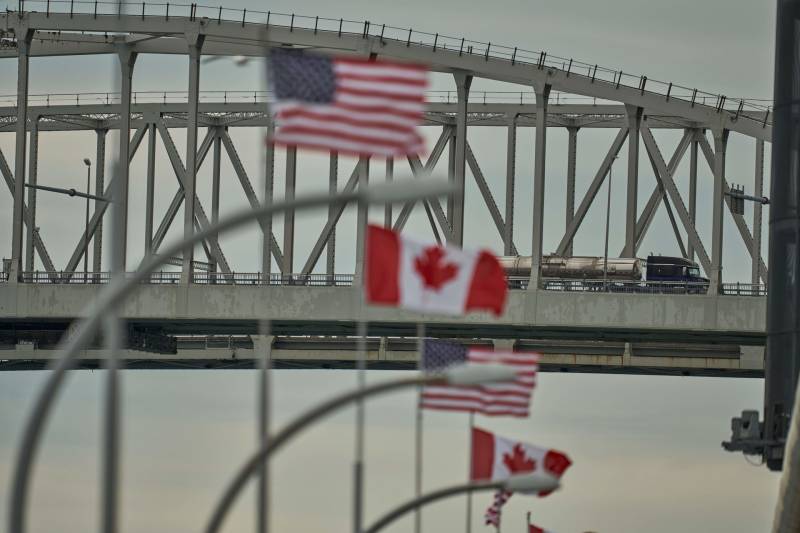Refugee advocates with a San Francisco legal institute are celebrating this week after a Canadian court struck down a binational agreement that lets Canada send asylum-seekers back to the U.S., saying conditions in U.S. immigration detention are inhumane and violate peoples’ rights.
Since 2004, under a so-called Safe Third Country Agreement, Canadian immigration officials have turned back people asking for asylum at official ports of entry on the U.S.-Canada border, and the United States has done the same. Both countries have deemed one another to be safe places for migrants from other parts of the world to seek protections guaranteed under international refugee conventions.
But the Federal Court of Canada ruled Wednesday that the U.S. is not a safe place for people seeking refuge from persecution — because immigration authorities in the U.S. lock up asylum-seekers, sometimes without heat, food or medical care, and with very little access to legal help.
“The evidence is clear that the most significant harm suffered is imprisonment. Additionally, there are the related harms regarding the conditions of detention and the heightened risk of refoulement,” wrote Justice Ann Marie McDonald, referring to the forcible — and unlawful — return of an asylum-seeker to their home country in spite of the likelihood that they’ll suffer persecution.
Several asylum-seekers, originally from El Salvador, Ethiopia and Syria, brought the case in 2017, along with the Canadian Council for Refugees, Amnesty International and the Canadian Council of Churches. They testified about conditions in U.S. immigration custody that included being held in solitary confinement, being denied blankets in frigid cells, being left without food or the opportunity to bathe, and having medical needs ignored.
